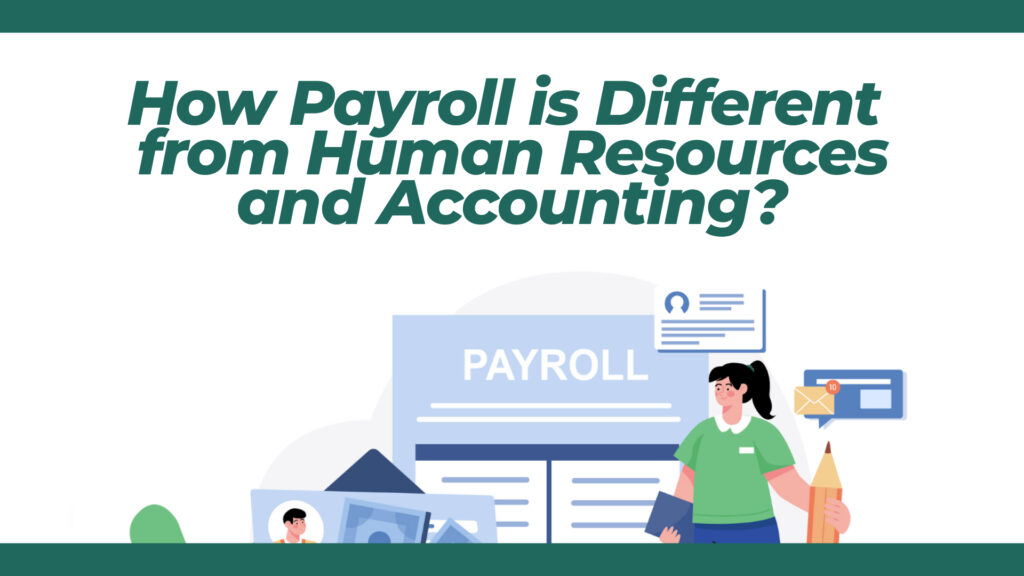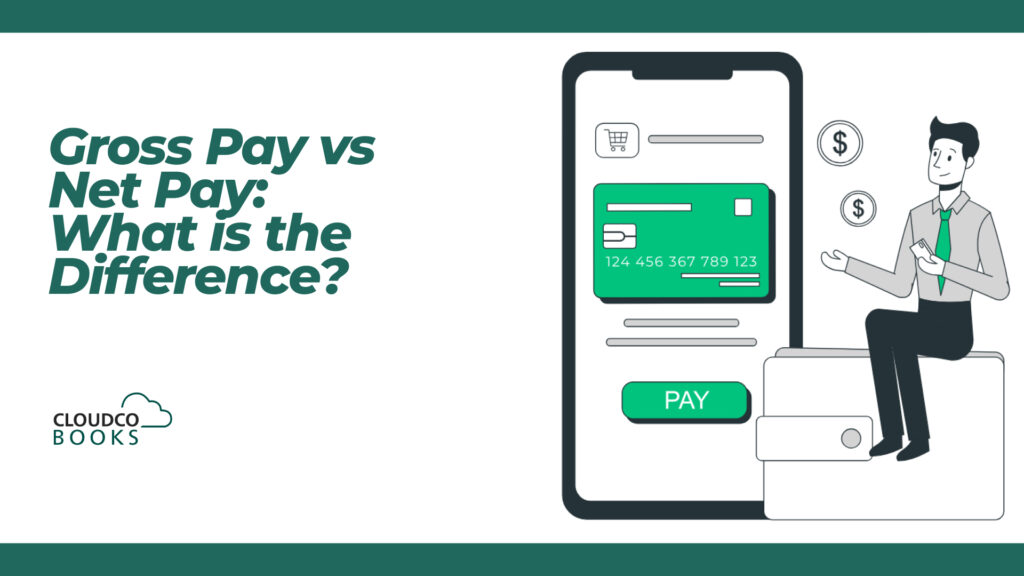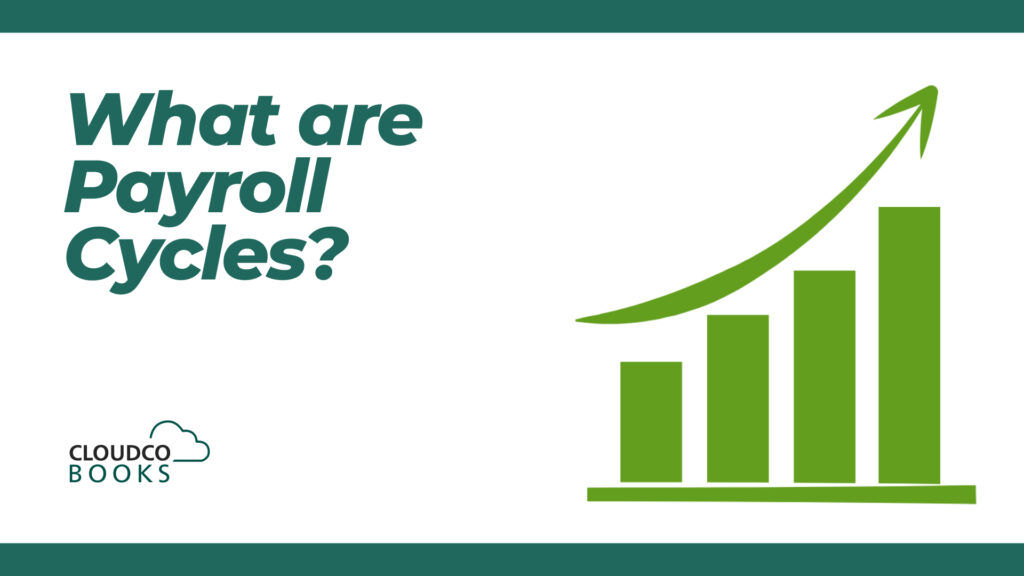Payroll is one of the most essential functions in any organisation. Whether you run a small business or a large enterprise, paying employees accurately and on time is not just a legal requirement but also a key factor in employee satisfaction and retention.
But payroll is not limited to issuing paycheques. It involves calculating salaries, deducting taxes, complying with HMRC regulations, tracking working hours, managing pensions, and keeping accurate employee records. For many businesses in the UK, payroll management can seem complicated, but with the right system, it becomes seamless.
In this blog, we’ll break down what payroll is, why it matters, and how modern payroll solutions are transforming the way businesses operate in the UK.
What Does Payroll Mean in Business?
Payroll refers to the entire process of compensating employees for their work. In business terms, it covers:
- Calculating gross wages based on contracts and hours worked.
- Deducting statutory contributions like income tax, National Insurance (NI), student loan repayments, and pension contributions.
- Issuing net pay to employees through bank transfers.
- Filing reports and paying liabilities to HMRC.
In simpler words, payroll ensures that employees get paid fairly while businesses stay compliant with UK employment and tax laws.
How Payroll is Different from Human Resources and Accounting?

Many businesses confuse payroll with HR and accounting functions. While they are interlinked, payroll is distinct:
- Payroll vs HR:
HR manages employee relations, recruitment, contracts, and benefits, while payroll specifically handles the financial side of employee compensation. - Payroll vs Accounting:
Accounting deals with overall financial management, including profit, expenses, and reporting. Payroll, on the other hand, is a subset that focuses solely on employee-related payments and deductions.
So, payroll sits at the intersection of HR and accounting, but is a standalone process that requires accuracy and compliance.
Gross Pay vs Net Pay: What is the Difference?

Understanding the difference between gross pay and net pay is essential for both employers and employees.
- Gross Pay: The total salary an employee earns before any deductions. This includes overtime, bonuses, and allowances.
- Net Pay: The final amount employees receive after statutory deductions like taxes, NI contributions, and pension schemes.
For example, if an employee earns £2,500 gross, after deductions, their net pay might be £2,000. Managing this correctly ensures trust and transparency between employer and employee.
Key Components of Payroll Processing
Payroll processing is more than just paying salaries. It’s a systematic process that involves multiple steps to ensure accuracy, compliance, and employee satisfaction. The main components include:
- Employee Information Management
Payroll begins with accurate employee records, contracts, job roles, tax codes, bank details, and working hours. Without clean and updated data, payroll errors are inevitable. - Time and Attendance Tracking
Businesses need reliable systems to track working hours, overtime, leaves, and absences. Whether it’s manual timesheets, biometric systems, or cloud-based attendance software, this step ensures that pay reflects actual work. - Gross Pay Calculation
This includes the employee’s basic salary, overtime, commissions, and bonuses. It’s the foundation for all payroll calculations. - Deductions and Contributions
Deductions may include income tax (PAYE in the UK), National Insurance Contributions (NICs), pension contributions, health insurance, or other statutory and voluntary deductions. - Net Pay Distribution
After deductions, the remaining amount, net pay, is transferred into employees’ bank accounts. Accuracy here is vital to avoid delays or employee dissatisfaction. - Payroll Taxes and Compliance
Businesses must calculate, withhold, and remit taxes to HMRC on time. This includes income tax, NICs, and employer contributions. Late or incorrect filings can lead to penalties. - Payslip Generation and Reporting
Employers are legally required to provide payslips detailing gross pay, deductions, and net pay. Additionally, payroll reports support business accounting and financial planning.
A streamlined payroll system balances all these components, ensuring employees are paid fairly while businesses stay compliant with regulations.
What Are Payroll Cycles?

A payroll cycle refers to the recurring schedule on which employees are paid for their work. It defines how often wages are calculated, processed, and distributed. Choosing the right payroll cycle is crucial for both the employer and the employee, as it directly impacts cash flow, compliance, and employee satisfaction.
Types of Payroll Cycles in the UK
Businesses in the UK typically follow one of the following payroll cycles:
Weekly Payroll
- Employees are paid every week, often on Fridays.
- Common in industries like construction, hospitality, or retail where staff may prefer quicker access to wages.
- Advantage: Provides financial stability for employees.
- Disadvantage: More frequent processing increases administrative workload and costs.
Bi-Weekly Payroll
- Employees are paid every two weeks (26 times a year).
- Less common in the UK compared to the US, but some businesses still adopt it.
- Advantage: Balance between weekly cash flow and reduced admin effort.
- Disadvantage: Irregular dates can confuse employees.
Monthly Payroll
- The most common payroll cycle in the UK.
- Employees are paid once a month, usually at the end of the month.
- Advantage: Easier for employers to manage cash flow and compliance.
- Disadvantage: Employees need strong budgeting skills to make wages last through the month.
Fortnightly Payroll
- Less frequent but used in certain industries where staff are temporary or seasonal.
- Helps balance between weekly and monthly cycles.
How Payroll Works in the UK?
In the UK, payroll is governed by HMRC rules under the PAYE (Pay As You Earn) system. Here’s how it works:
- Employers register with HMRC as an employer.
- Employee details are collected (P45, P46, NI number, student loan info).
- Payroll software calculates gross and net pay.
- Real-Time Information (RTI) submissions are sent to HMRC every payday.
- Deductions are paid to HMRC, and employees receive payslips.
Unlike many countries, the UK requires real-time reporting, making accurate payroll processing vital.
Why Payroll is Important for Businesses?
Payroll is more than just a financial function. It’s important because:
- It ensures compliance with HMRC regulations.
- It keeps employees motivated through timely, accurate payments.
- It builds trust and credibility with staff and stakeholders.
- It helps businesses forecast labour costs and manage budgets effectively.
- It avoids fines and penalties for late or incorrect reporting.
In short, payroll is not just about paying staff, it’s about ensuring financial stability and regulatory compliance.
Payroll Compliance with HMRC Regulations
1. PAYE (Pay As You Earn)
Employers must operate the PAYE system to deduct Income Tax and National Insurance Contributions (NIC) from employees’ wages before payment.
2. Real Time Information (RTI) Reporting
Businesses are required to submit payroll information to HMRC every time employees are paid, ensuring up-to-date tax and earnings records.
3. National Minimum and Living Wage Compliance
Employers must ensure employees are paid at least the current minimum or living wage set by the UK government.
4. Pension Auto-Enrolment
Businesses must automatically enrol eligible employees into a workplace pension scheme and make employer contributions.
5. Statutory Payments
Compliance includes correct calculation and payment of statutory entitlements such as maternity pay, paternity pay, and sick pay.
6. Record Keeping
Employers are legally required to maintain accurate payroll records for at least three years, covering wages, deductions, and tax filings.
Non-compliance can lead to heavy penalties, tax investigations, and even legal consequences. Using modern payroll software or outsourcing payroll can help avoid such risks.
6 Common Challenges Businesses Face with Payroll
Payroll management can become complex, especially as businesses grow or regulations change. Some of the most common challenges include:
- Compliance with Ever-Changing Laws
Employment and tax laws frequently evolve in the UK, including adjustments in NIC rates, minimum wage, and pension contributions. Staying compliant requires constant updates and vigilance. - Human Errors
Manual payroll processing can lead to mistakes, incorrect tax codes, miscalculated overtime, or missed deductions. Even small errors can impact employee trust and cause compliance issues. - Data Security Risks
Payroll involves sensitive information like salaries, addresses, and bank details. Mishandling or poor storage practices can lead to data breaches and GDPR violations. - Managing Different Pay Structures
Businesses with full-time staff, part-timers, contractors, and freelancers face additional complexity. Each category has different tax and benefit implications. - Integration with Other Systems
Payroll often overlaps with HR, accounting, and time tracking systems. Lack of integration can cause duplication, inefficiency, and data inconsistencies. - Cash Flow Issues
Businesses must ensure they have sufficient funds to cover payroll while meeting HMRC obligations. Poor cash flow planning can lead to late payments or penalties.
To overcome these challenges, businesses often turn to payroll software or outsource payroll services for accuracy, compliance, and efficiency.
How to Build a Successful Payroll
A well-structured payroll system is vital for smooth business operations. Building an effective payroll system involves planning, automation, and compliance checks. Here’s how businesses can achieve that:
- Establish Clear Payroll Policies
Define rules around salary structures, overtime, leave policies, bonuses, and deductions. This ensures consistency and transparency for employees. - Choose the Right Payroll Method
Decide whether to handle payroll in-house, outsource to a payroll provider, or use cloud-based payroll software. The choice depends on business size, budget, and expertise. - Automate Wherever Possible
Automation reduces errors, saves time, and ensures timely salary distribution. Features like auto-calculated tax deductions, direct deposits, and payslip generation streamline the process. - Ensure Compliance with HMRC
Stay updated with PAYE, NICs, pension auto-enrolment, and minimum wage regulations. Regular training or outsourcing can help manage compliance more effectively. - Protect Payroll Data
Implement strict security measures such as encrypted storage, secure access controls, and GDPR-compliant practices to safeguard sensitive employee information. - Regular Audits and Reviews
Conduct periodic checks to ensure accuracy in payroll records and identify any discrepancies before they become major issues. - Employee Communication and Transparency
Provide clear payslips and be available to answer payroll-related queries. Transparency builds trust and reduces disputes.
A successful payroll system isn’t just about paying people, it’s about accuracy, compliance, security, and maintaining strong employee relations.
Options for Payroll Processing
Businesses have three main options for handling payroll:
- In-house payroll: Managed by internal staff using software. Best for larger companies with dedicated finance teams.
- Outsourced payroll services: Payroll specialists handle everything, saving time and reducing errors.
- Hybrid payroll: A mix of in-house and outsourced tasks, depending on business needs.
Each option has pros and cons, but outsourcing is often the most cost-effective for SMEs in the UK.
How Are Cloud-Based Software Programs Helping in Payroll Management?
Cloud-based payroll software has revolutionised payroll processing. Benefits include:
- Accessibility: Manage payroll from anywhere.
- Automation: Automatic tax updates, compliance, and reporting.
- Accuracy: Fewer errors compared to manual processing.
- Integration: Links with HR and accounting systems.
- Security: Encrypted storage for employee data.
About Cloudco Books
At Cloudco Books, we specialise in simplifying payroll management for UK businesses. Our payroll experts ensure compliance with HMRC regulations while saving you time, money, and stress.
Whether you’re a startup or an established company, our team provides tailored payroll solutions, including payroll assitance, HMRC compliance, and real-time reporting. With us, you can focus on growing your business while we handle the complexity of payroll.
